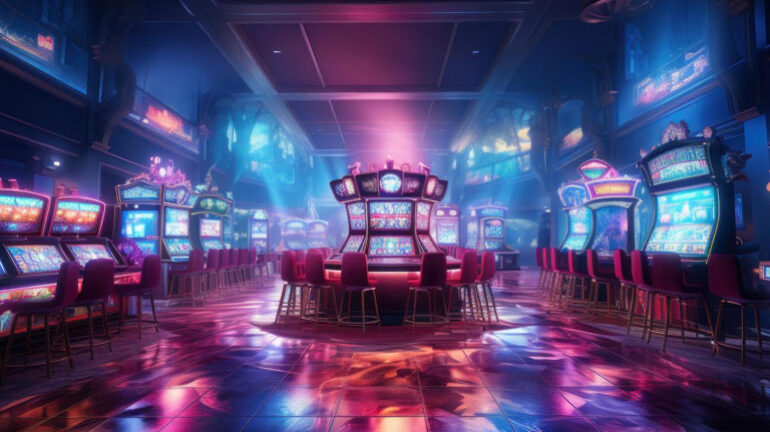
The concept of a casino, as a dedicated facility for gambling, has evolved over centuries and isn’t attributed to a single inventor. Instead, it has roots in various cultures and historical periods where gambling activities took place in different forms.
One of the earliest known gambling establishments similar to modern casinos was the Ridotto in Venice, Italy, established in 1638. The Ridotto was a government-owned gambling house that offered controlled gaming during the annual carnival season. It featured tables for card games like basset and biribi.
In ancient civilizations, such as those of the Greeks and Romans, gambling was prevalent, but there were no dedicated casino buildings as we know them today. Instead, gambling took place in public spaces, private residences, and at events like festivals and gatherings.
Over time, the concept of dedicated gambling establishments evolved, influenced by various cultures and societies. In the United States, for example, gambling houses and saloons became common in frontier towns during the 19th century, offering games like poker, faro, and roulette.
The modern casino industry began to take shape in the early 20th century, particularly in places like Las Vegas, Nevada, which became synonymous with casino gambling. The legalization of gambling in Nevada in 1931 led to the development of the Strip and downtown Las Vegas as major casino destinations.
Key figures in the development of modern casinos include entrepreneurs like Benjamin “Bugsy” Siegel, who played a significant role in the development of the Flamingo Hotel and Casino, one of the first luxury resorts on the Las Vegas Strip.
In summary, while there isn’t a single inventor of the concept of a casino, the evolution of gambling establishments can be traced through various historical periods and cultural influences, with contributions from different societies and individuals over time.